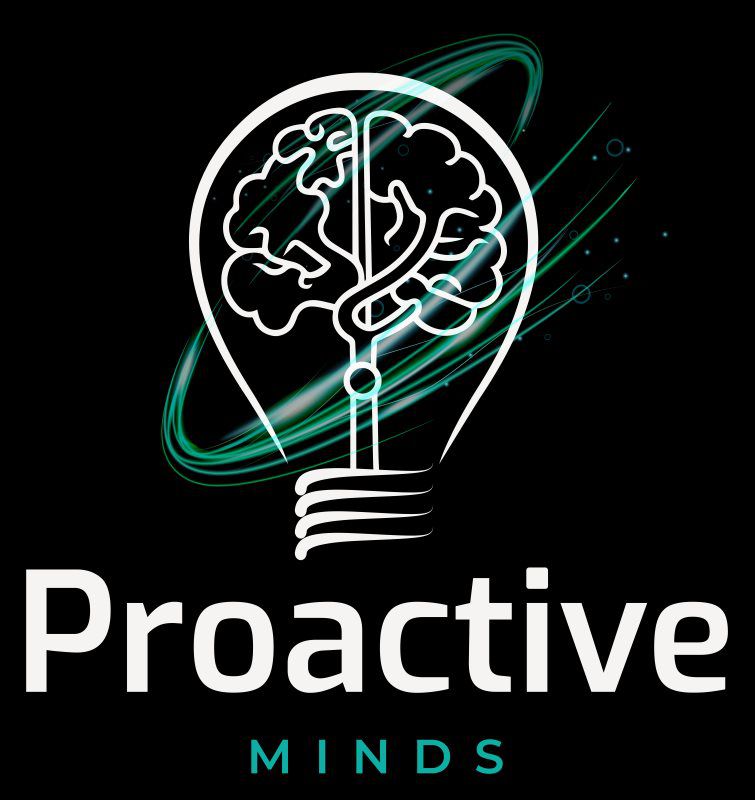Mindfulness Based Stress Reduction
MBSR can teach you how to respond to stressful situations in a more thoughtful way.
What is Mindfulness Based Stress Reduction?
Mindfulness-Based Stress Reduction (MBSR) is a comprehensive program that instructs individuals in the principles of mindfulness and provides practical tools to integrate this awareness into daily life. The core objective is to enhance one's ability to manage psychological distress and navigate the challenges of everyday living more effectively. MBSR teaches participants how to cultivate a non-judgmental awareness of their thoughts, emotions, and bodily sensations, fostering a mindful presence in the current moment. This heightened awareness enables individuals to respond to stressors with greater thoughtfulness and resilience.
Importantly, MBSR serves as a valuable complement to conventional treatments for various medical and psychological conditions. Numerous studies support its efficacy, particularly in the realms of anxiety, depression, and pain management. By incorporating mindfulness practices into daily routines, individuals can experience a positive impact on their mental and emotional well-being, gaining tools to navigate life's challenges with greater calm and clarity.
What Are Some Examples Of MSBR?
The formal practices of Mindfulness-Based Stress Reduction (MBSR) encompass a diverse range of exercises meticulously crafted to facilitate relaxation and foster a profound connection between the body and mind. These practices serve as intentional and structured opportunities for individuals to cultivate mindfulness skills. Guided mindfulness meditation sessions form a core component, encouraging participants to direct their attention to the present moment, often focusing on breath, body sensations, or specific points of awareness. Body scan exercises involve systematically paying attention to different areas of the body, promoting heightened somatic awareness.
Mindful movement practices, such as yoga, are integrated to enhance the mind-body connection, fostering flexibility, balance, and mindful embodiment. The variety of exercises within MBSR is designed to accommodate diverse preferences and provide individuals with a toolkit of mindfulness techniques that can be applied flexibly in different contexts. These practices collectively contribute to the development of a sustained mindfulness practice, equipping individuals with valuable tools for stress reduction and enhanced well-being.
Body Scan Meditation
Bringing awareness to specific body parts to see where you are holding stress.
Mindful Movement
A series of gentle yoga movements and posture exercises.
Mindful Eating
Paying closer attention to what and how you are eating.
Mindful Breathing
Learning to monitor and control how you are breathing.
Sitting Meditation
Learning to sit still and focus your mind on your breath.
Walking Meditation
Focusing on yourself as you walk, including your connection to the earth.
MBSR Effectiveness
Over 6,000 research papers have published their findings on MBSR and the benefits they found include decreased depression, pain, and distress, and increased attention, concentration, performance, and quality of life. New research appearing in the BMJ journal Evidence-Based Mental Health suggests that mindfulness could be a promising alternative to cognitive behavioral therapy for relieving some of the psychological and physical symptoms of chronic pain.
MBSR Benefits
- Learn to approach your life with more composure, energy, understanding, and enthusiasm.
- Develop the ability to cope more effectively with short-term and long-term stressful situations.
- Gain insights into responses versus reactions.
- Enhance your ability to manage and reduce pain.
- Improve your focus, resilience, and capacity to recover more quickly from challenging events.
- Learn how to access and cultivate a natural capacity to actively engage in caring for yourself.
- Find greater balance, ease, and peace of mind within yourself.
MBSR Risks
Because MBSR is a gentle physical practice, there are very few associated risks, however you should consult your doctor before beginning the training. If you are feeling pain while participating in the practice, it is best to modify or stop what you are doing. Being aware of your body from moment to moment is just as important as the exercises themselves.
In terms of emotional risks, you may feel sadness, anger, fear or anxiety—and they may seem stronger because you are paying attention to them in a more conscious way. If you have a history of trauma, abuse, addiction or suicidality, it is best to discuss this kind of treatment with your doctor to determine whether this is the right time to try MBSR.
MBSR History
MBSR is an eight-week mindfulness training program that was created by Jon Kabat-Zinn in 1979 at the University of Massachusetts Medical Center. He initially created this training for chronically ill patients who were not responding to traditional treatments, but it is now used for a wide variety of therapeutic situations by hundreds of thousands of people worldwide. According to Dr. Kabat-Zinn, mindfulness lets us “gain immediate access to our own powerful inner resources for insight, transformation, and healing.
MBSR Alternatives
Some people cannot do yoga or other movement exercises because of physical limitations. And some people, try as they might, are not able to meditate, at least in the formal way. For those people, there are other ways to practice mindfulness besides classic meditation. Many people find getting out in nature to be meditative. Others find mindfulness pursuing an interest or hobby. And any activity you can do where you clear your mind, breathe deeply, feel relaxed, and keep yourself in the present can function as a form of everyday mindfulness.




